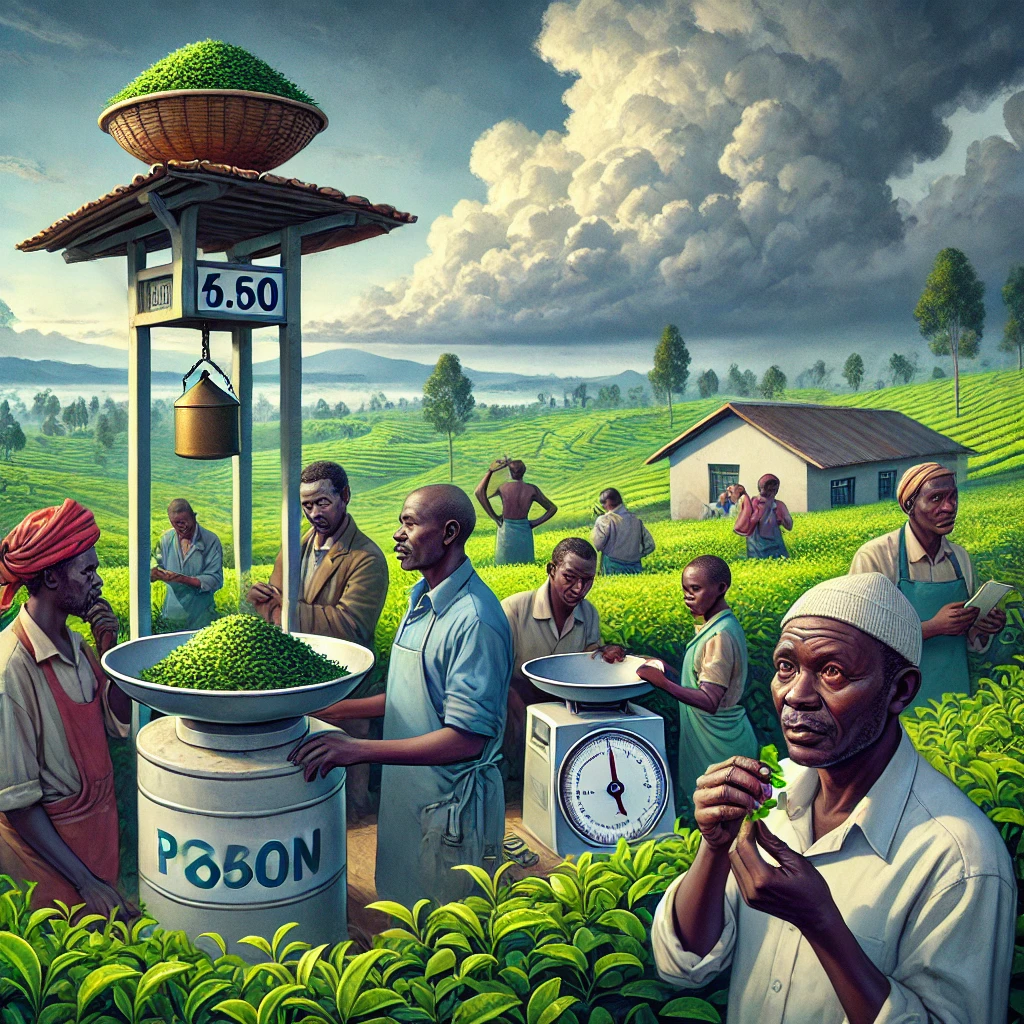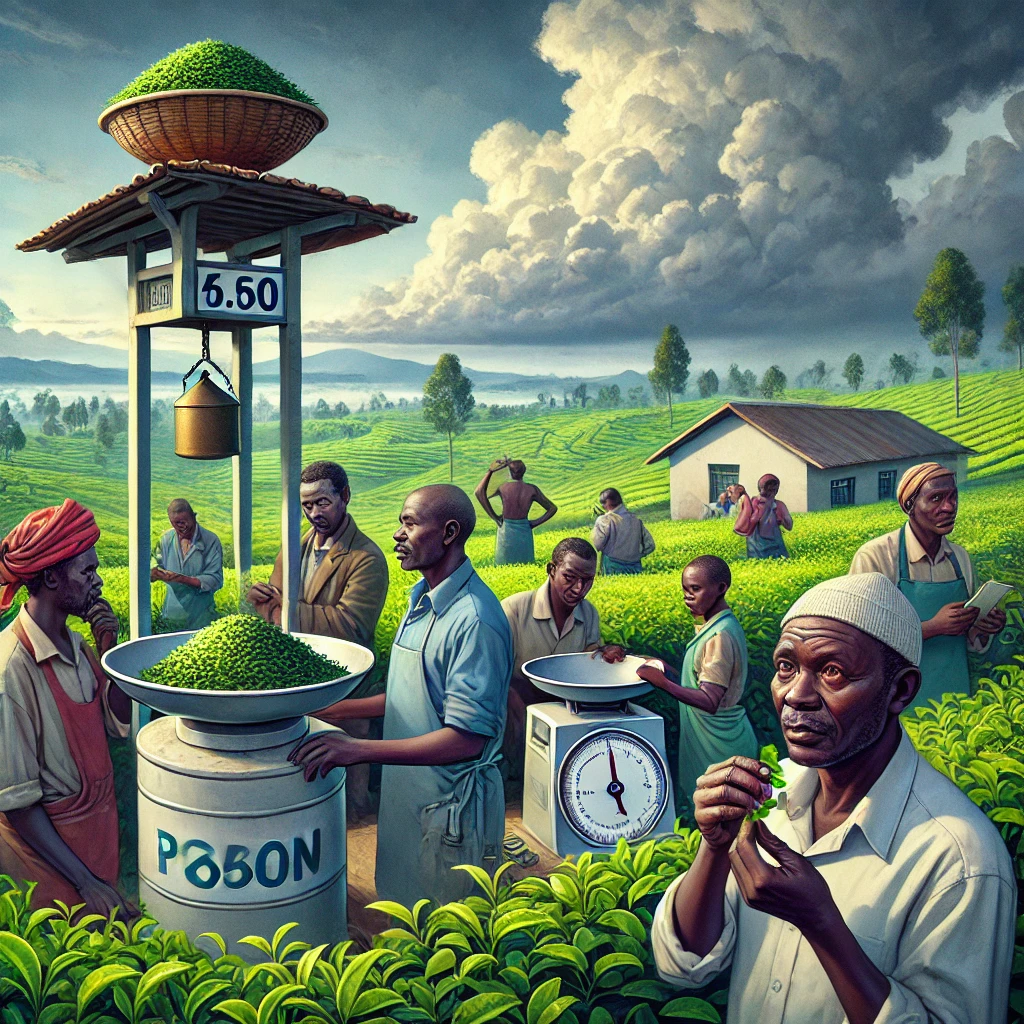Ugandan Tea Farmers Struggle as Prices Plunge, Costs Rise and Market Access Shrinks

Ugandan tea farmers are facing significant hardships due to a combination of economic, environmental, and regulatory challenges. Despite government efforts to support the sector, many smallholder farmers continue to earn minimal returns for their labor.
Key Factors Contributing to Low Earnings:
- High Fertilizer Costs: The price of fertilizers has surged from Shs120,000 to Shs200,000 per 50kg bag, making it unaffordable for many farmers. This has led to reduced application, affecting both yield and quality of tea leaves.
- Absence of a Regulatory Framework: The lack of a national tea policy has resulted in unregulated practices within the industry. Without standardized regulations, issues such as quality assurance and fair pricing remain unaddressed, leaving farmers vulnerable to exploitation.
- Declining Global Tea Prices: Ugandan tea fetches less than US$1 per kilogram internationally, whereas neighboring countries like Kenya and Rwanda secure higher prices due to better quality and stronger regulation. This disparity has led to reduced income for Ugandan farmers.
- Climate Change: Longer dry seasons and unpredictable weather patterns have adversely affected tea yields and quality, further diminishing farmers' earnings.
- Market Access Challenges: Traditional export markets, including Egypt, Pakistan, the UK, and some Middle Eastern countries, have reduced their tea imports due to economic challenges, leading to decreased demand for Ugandan tea.
Government and Stakeholder Responses:
- Financial Support: Farmers have appealed for a Shs126 billion bailout to revitalize the struggling industry. This fund aims to stabilize the sector and prevent potential factory closures due to mounting debts.
- Policy Development: Efforts to establish a national tea policy have been ongoing since 2005. However, as of late 2024, the policy has yet to be enacted, leaving the sector without necessary regulatory guidance.
- Fertilizer Subsidies: Farmers have proposed government subsidies on fertilizers, suggesting a phased approach to make them more affordable and improve tea quality and yield.
Despite these challenges, tea remains Uganda's third most important agricultural export, employing approximately 80,000 farming households and supporting around one million livelihoods. Addressing the outlined issues is crucial for the sustainability and prosperity of the tea sector in Uganda.
